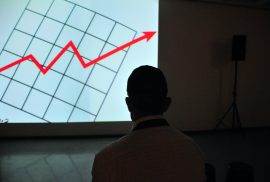Center for Southeast Asian Social Studies (CESASS UGM) atau Pusat Studi Sosial Asia Tenggara UGM telah menyelenggarakan Acara MMAT 2021 Summer Course Program yang dimulai pada tanggal 11 Oktober 2021 dan berakhir pada 10 November 2021. MMAT atau ‘Mengajar dan Meneliti Asia Tenggara’ tahun ini diselenggarakan dengan format virtual summer course yang mengusung tema “(Re)constructing Southeast Asia”.
Acara pembukaan MMAT 2021 Summer Course Program diadakan pada hari Senin, 11 Oktober 2021 yang dibuka secara resmi oleh Bapak Drs. Muhadi Sugiono dari Hubungan Internasional Universitas Gadjah Mada sebagai Ketua penyelenggara program. Dalam sambutannya, Bapak Muhadi menyatakan bahwa MMAT 2021 Summer Course Program menjadi pionir yang menginisiasi kegiatan akademik Indonesia untuk diperluas sampai pada komunitas akademik internasional. Tujuan dari diadakannya MMAT 2021 Summer Course Program ini adalah untuk memahami Asia Tenggara dari berbagai perspektif dengan mengundang orang-orang yang berasal dari beragam latar belakang. “Program ini adalah kesempatan yang sangat baik untuk mengundang para pelajar sebagai akademisi di masa depan untuk membawa intensi dalam perkembangan Asia Tenggara” ungkap Bapak Muhadi dalam sambutannya.




